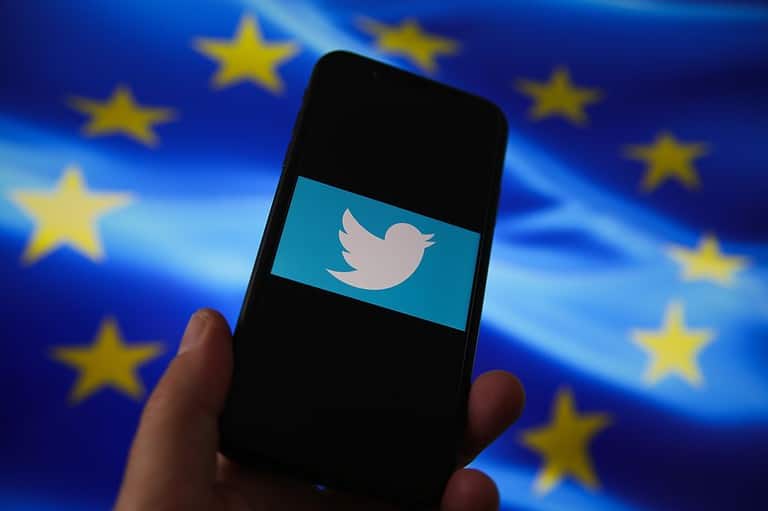EU Commissioner Thierry Breton visited Silicon Valley last week, reminding big tech names of EU regulations they must soon follow. The rules focus on social media content, AI and data. The situation is particularly volatile at Twitter, as the platform previously left the EU’s voluntary code of conduct.
The Digital Services Act (DSA) goes into effect at the end of August. With only a few weeks left, time is running out for some. Thierry Breton, European Commissioner for the Internal Market, reminds several tech companies of the upcoming rules while visiting Silicon Valley. There, he went by Meta, OpenAI and Twitter, among others.
Also, the European Commission’s first office opened in the IT hub. Social media platforms and companies already taking the lead with artificial intelligence are mainly based in this region. An office in the region can surely simplify the relationship between the EU and companies.
Twitter contrarian
Eyes were mainly on the visit to Twitter, which took place last Thursday. The social media platform recently left the EU’s voluntary code of conduct against online disinformation. That code of conduct foreshadows what the DSA will entail and allows the EU to impose rules immediately on tech giants regarding social media content. The rules will also be included in the DSA.
With Twitter’s decision to leave the code of conduct, the platform sided with several political leaders against it. This was evident in the reaction of the French minister, who already made it known that Twitter would no longer have a place in his country if upcoming regulation was violated.
Musk, who still has a say in most areas at Twitter, seemed at first glance unimpressed by Breton’s planned visit. Only the EU commissioner appeared physically at headquarters for the appointment, while Musk showed up via video call.
Due to the actions, the EU seems very uncertain whether the blue bird intends to get caught with the DSA. However, when the social media platform just came under Musk’s leadership in late 2022, he promised that his platform would comply with upcoming legislation. The more recent actions were enough for Breton to briefly warn Twitter’s boss of the consequences that negligence will have. Indeed, the DSA gives the EU a means to fine social media platforms up to six percent of annual sales.
“Stress test”
The platform seems to be mainly struggling to moderate disinformation and hate messages. That is why the EU commissioner subjected the platform to a “stress test” during his visit. “The company takes the exercise very seriously,” it sounded at the beginning of the test via Breton’s Twitter account.
After the appointment, a positive message also appeared from Twitter’s new CEO, Linda Yaccarino. She thanked the EU commissioner and stressed again that EU legislation will be followed: “Europe is very important for Twitter and we are focusing on further cooperation.” There is no information about the test results. They are with the social media platform and should not be made public.
At least the test kit gave the EU more certainty about Twitter’s intentions regarding the DSA. Breton announced after the visit that TikTok will also be subjected to the test, during a visit next month.
Paving the way for AI Act
Breton immediately seized his time visiting the various companies as a time to provide some clarification on the newly passed AI Act. He discussed it with Sundar Pichai, CEO of Alphabet, Mark Zuckerberg, CEO of Meta, Sam Altman, CEO of OpenAI and Jensen Huang, CEO of Nvidia.
Also read: EU votes on AI Act draft: should ChatGPT change?
At least the AI legislation has not escaped the big names in the tech world. Several companies focused on AI or built entirely around AI have already knocked on the door of European lawmakers to offer advice on the upcoming rules. They do so in a way that benefits their business activities and tends toward lobbying.
The DSA will be on its trial run in a few weeks. The laws surrounding AI will follow two years later and mainly involve laws that the EU could not yet anticipate when the DSA was adopted. Developments in the field of artificial intelligence have been rapidly following each other recently, so an addition already proved necessary to legislation that is not even in force yet.
It charges social media platforms and other tech companies a period of familiarisation, which is most likely needed for Twitter. The switches in leadership at the social media platform that followed Elon Musk’s short-tempered and capricious policies have thrown the blue bird into disarray. Disinformation and hate messages are seeping through more than once, which could cost the company dearly if the EU decides to apply the DSA strictly.
